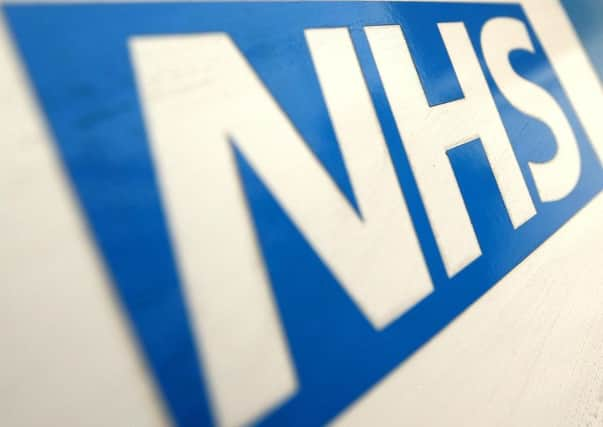Bedside chart could reduce cancer patient plan


Researchers at the University of Edinburgh worked with doctors to develop the Edinburgh Pain Assessment and management Tool (EPAT) - a pen and paper chart which medical staff used to regularly record pain levels in a simple traffic light system.
Amber or red pain levels - indicating moderate or severe pain - prompted doctors to review medications and side effects and monitor pain more closely.
Advertisement
Hide AdAdvertisement
Hide AdThe trial looked at pain levels in almost 2,000 cancer patients over five days, following admission to regional cancer centres.
The research team said patients whose care included use of the chart reported less pain during the trial, compared with patients with standard care, who did not show an improvement.
Use of the chart was not linked to higher medicine doses with authors of the study suggesting it works by encouraging doctors to ask the right questions and reflect on pain medications and side effects before a “crisis point”.
The research team want to carry out more studies to understand how the system could work longer term.
Advertisement
Hide AdAdvertisement
Hide AdProfessor Marie Fallon, of the palliative and supportive care group at the University of Edinburgh, said: “These exciting findings show the important benefits of influencing doctors’ behaviours, rather than looking for more complex and expensive interventions.
“These findings are a positive step towards reducing the burden of pain for patients and making them as comfortable as possible at all stages of cancer.”
Martin Ledwick, Head Information Nurse at Cancer Research UK, said: “In most cases it should be possible for cancer pain to be controlled if it is assessed and managed effectively. Any work that encourages medical teams to assess and monitor pain more carefully to help this happen has to be a good thing for patients.”
The study, funded by Cancer Research UK, is published in the Journal of Clinical Oncology.